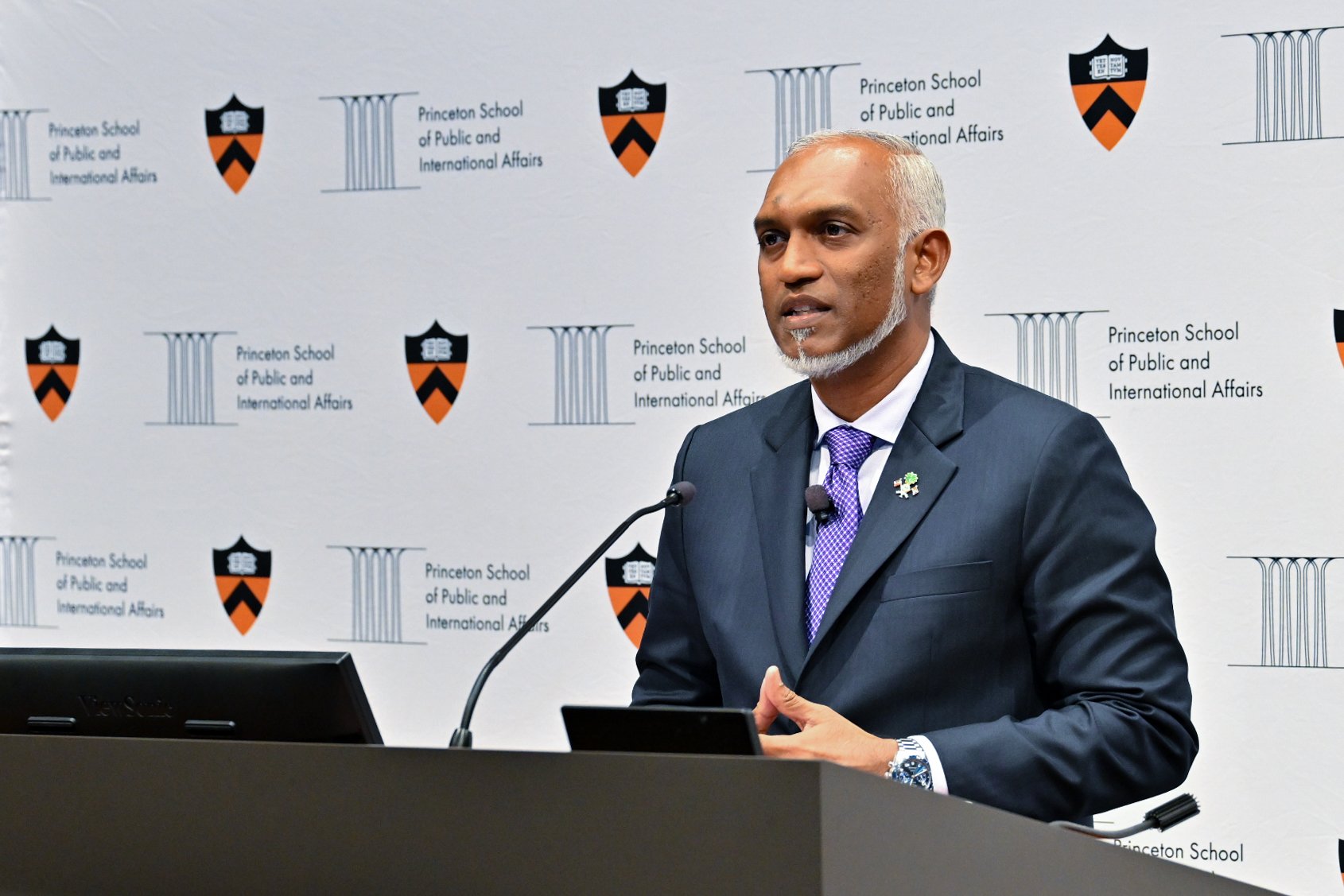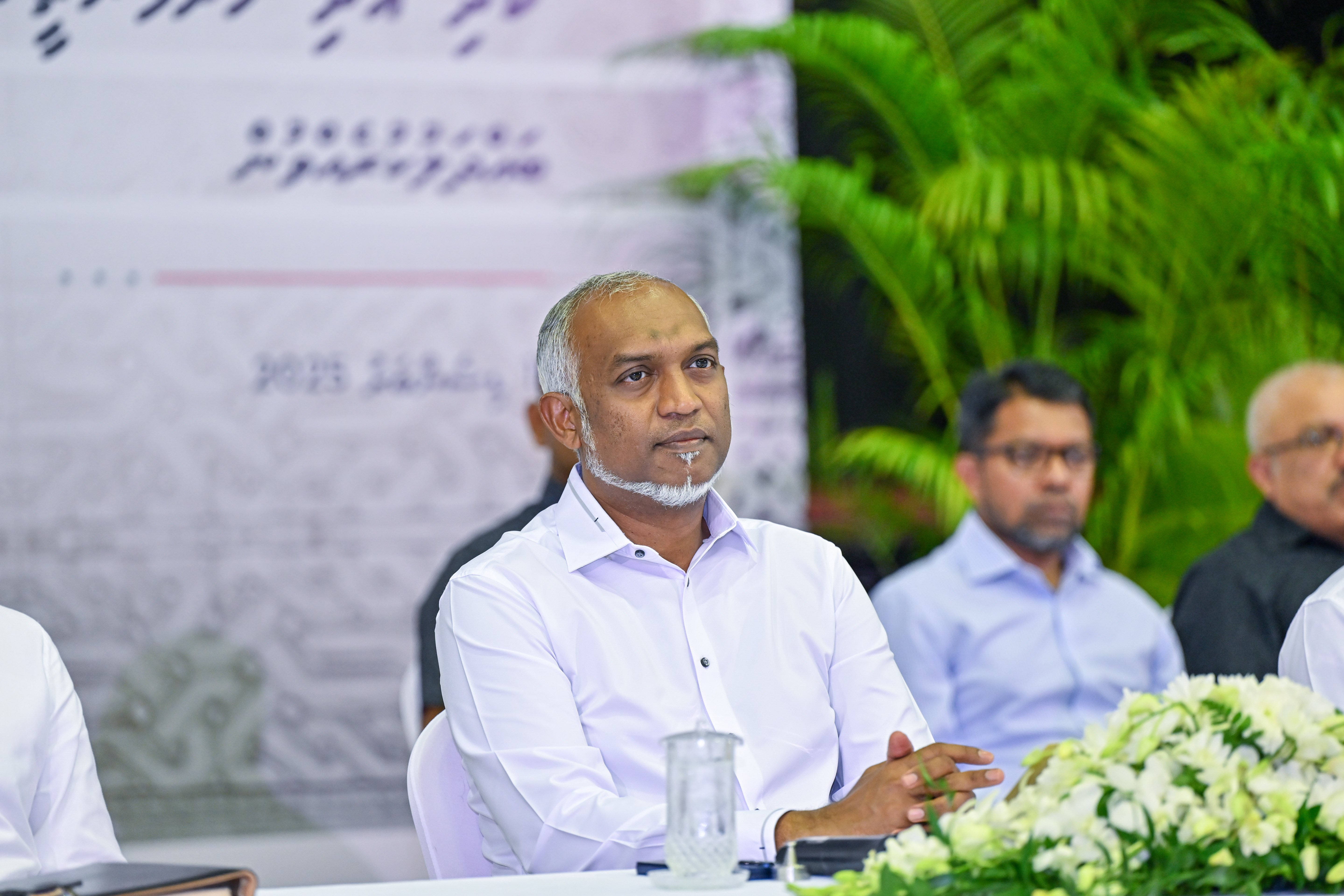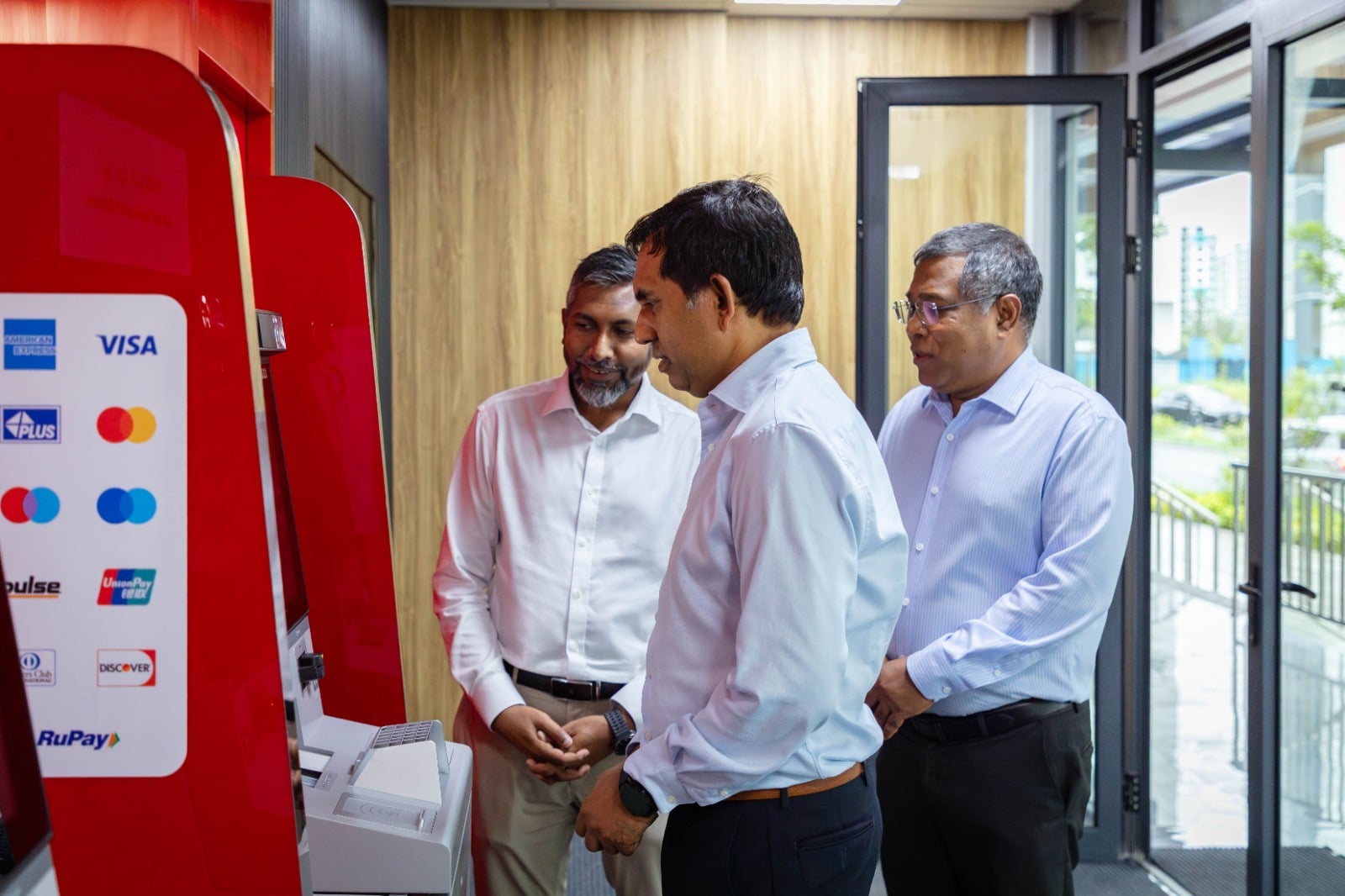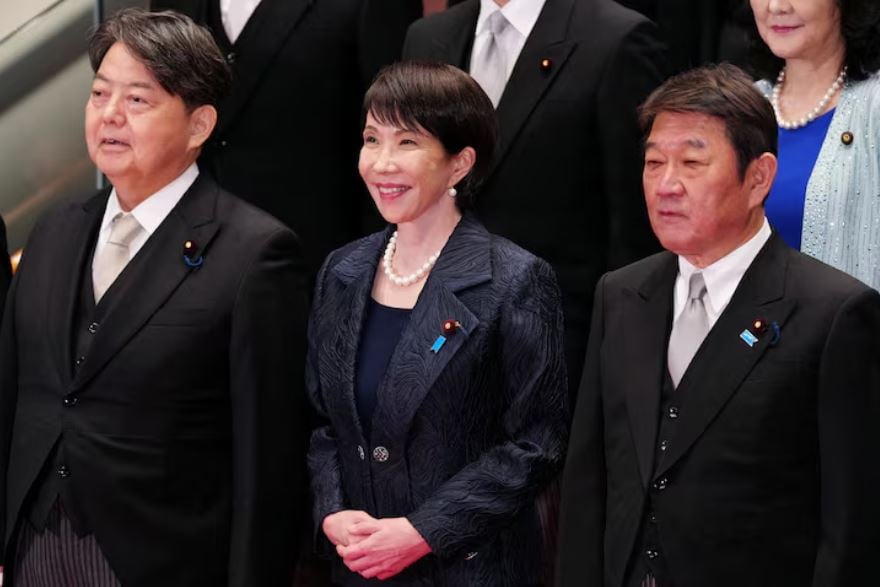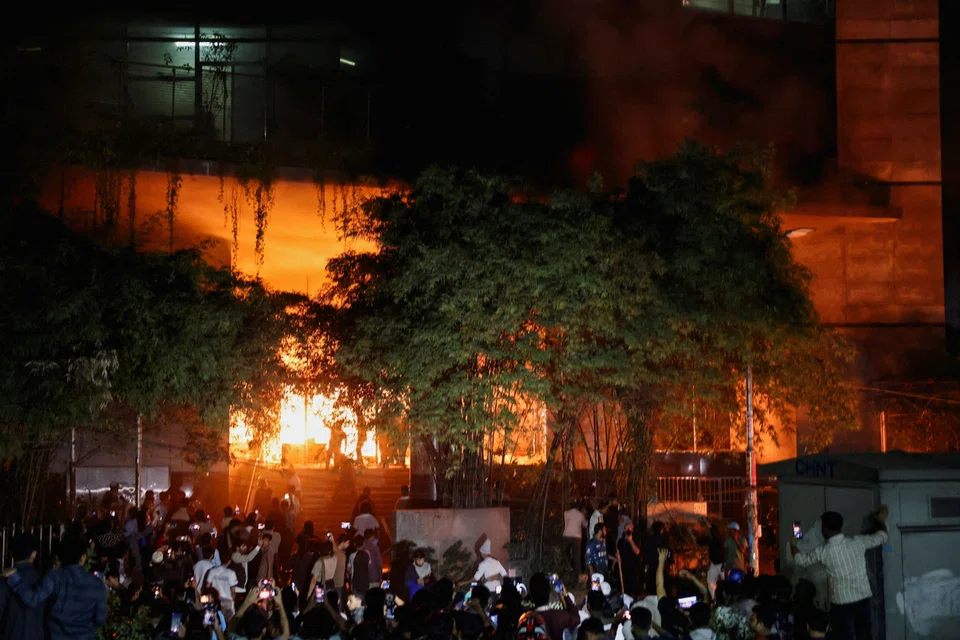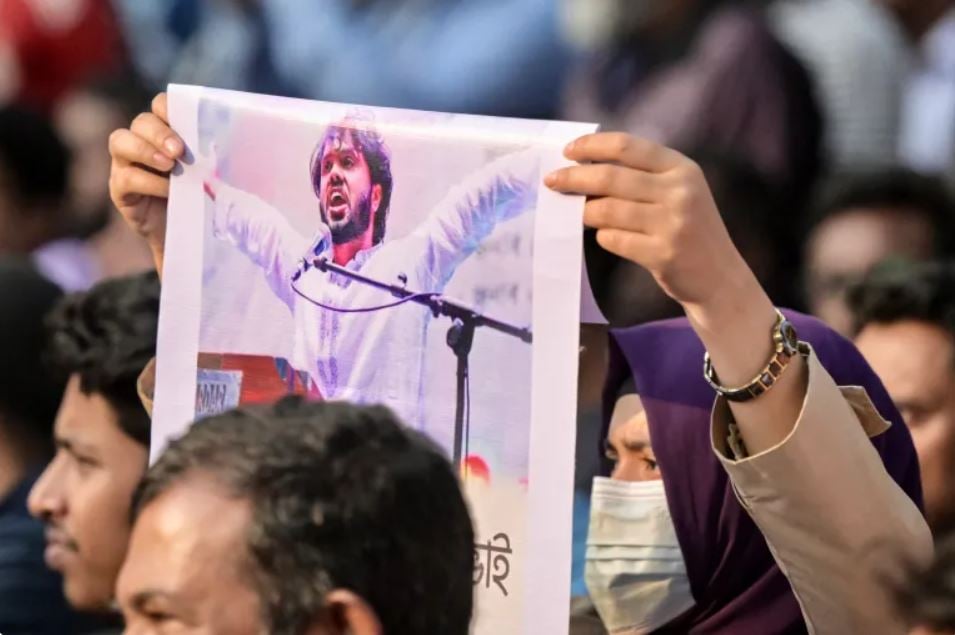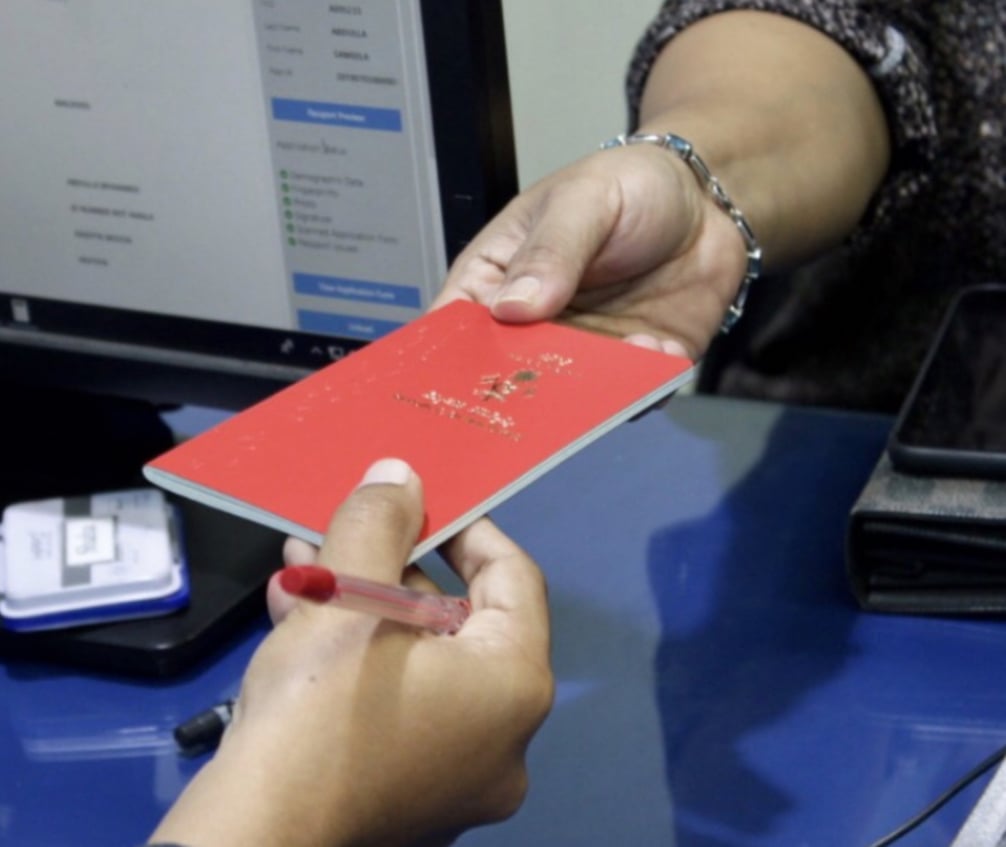President Dr. Mohamed Muizzu delivered a key address at Princeton University’s School of Public and International Affairs, emphasizing the Maldives' strategic importance in maintaining balance in the Indian Ocean. He asserted that a prosperous and independent Maldives is essential not only for regional stability but also for the global community.
Speaking at the prestigious “Deans Leadership Series,” President Muizzu showcased the Maldives as a development success story, reflecting on the nation's rapid transformation. He reiterated his commitment to fostering an inclusive society, advocating for urgent action on climate change, and reforming international financial systems.
The President highlighted the Maldives’ leadership in promoting global environmental initiatives and stressed the urgency of addressing climate challenges. He proposed strategies for economic diversification, enhanced governance, and strengthened democracy as vital measures to mitigate climate disasters. Additionally, he discussed the administration's initiatives in digital transformation and artificial intelligence.
In recalling the significance of UN membership for the Maldives, Dr. Muizzu emphasized the importance of respecting sovereignty and equality among states—key principles for Small Island Developing States (SIDS) striving for success.
Addressing current global challenges, including the conflict in Gaza, the President underscored the role of U.S. institutions in safeguarding human rights and supporting peaceful protest. He called on universities to serve as bastions of free thought and constructive dialogue, reinforcing the crucial relationship between the Maldives and the United States in upholding a rules-based international order.
President Muizzu’s visit to Princeton followed an invitation from Dean Amaney A. Jamal and included discussions on mutual cooperation between the institutions. His engagement is part of an official trip to the United States for the 79th Session of the United Nations General Assembly, highlighting the Maldives' commitment to playing a significant role in international affairs.
Speaking at the prestigious “Deans Leadership Series,” President Muizzu showcased the Maldives as a development success story, reflecting on the nation's rapid transformation. He reiterated his commitment to fostering an inclusive society, advocating for urgent action on climate change, and reforming international financial systems.
The President highlighted the Maldives’ leadership in promoting global environmental initiatives and stressed the urgency of addressing climate challenges. He proposed strategies for economic diversification, enhanced governance, and strengthened democracy as vital measures to mitigate climate disasters. Additionally, he discussed the administration's initiatives in digital transformation and artificial intelligence.
In recalling the significance of UN membership for the Maldives, Dr. Muizzu emphasized the importance of respecting sovereignty and equality among states—key principles for Small Island Developing States (SIDS) striving for success.
Addressing current global challenges, including the conflict in Gaza, the President underscored the role of U.S. institutions in safeguarding human rights and supporting peaceful protest. He called on universities to serve as bastions of free thought and constructive dialogue, reinforcing the crucial relationship between the Maldives and the United States in upholding a rules-based international order.
President Muizzu’s visit to Princeton followed an invitation from Dean Amaney A. Jamal and included discussions on mutual cooperation between the institutions. His engagement is part of an official trip to the United States for the 79th Session of the United Nations General Assembly, highlighting the Maldives' commitment to playing a significant role in international affairs.





